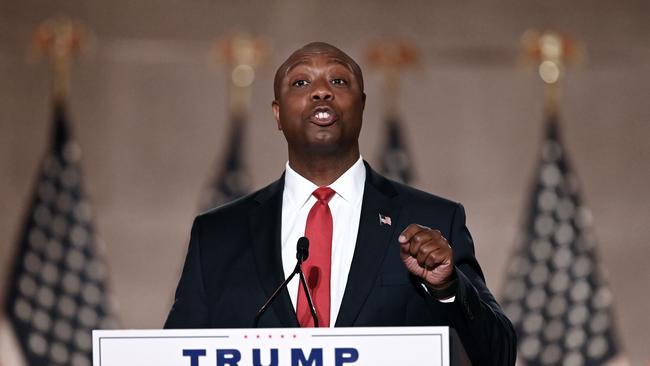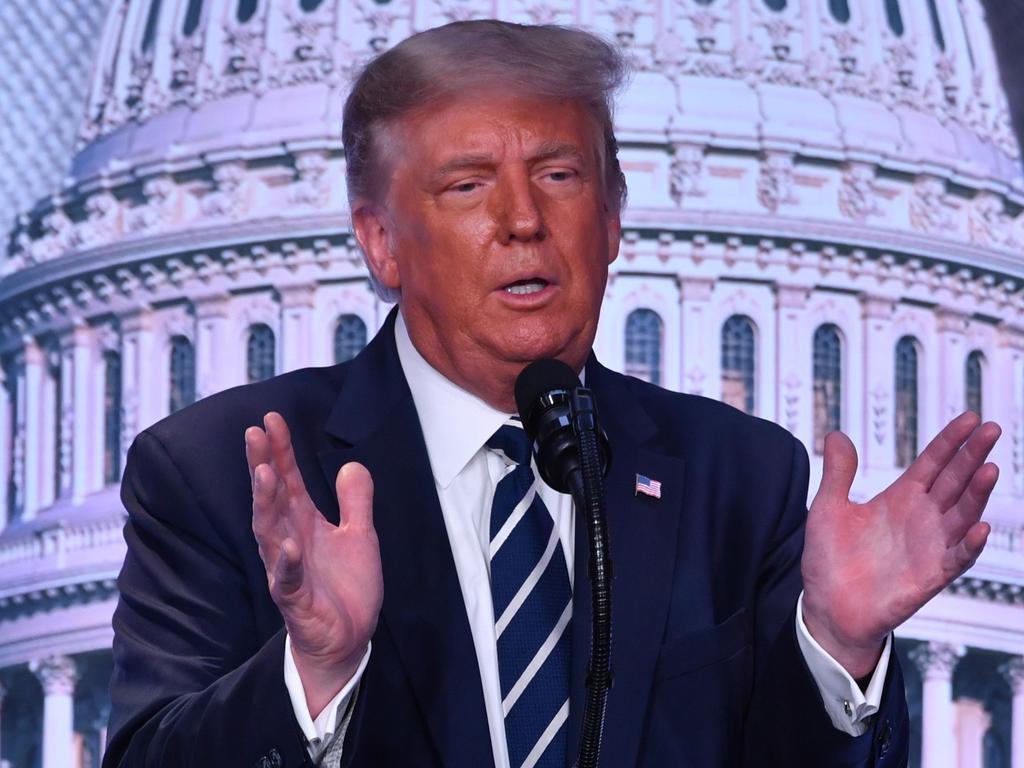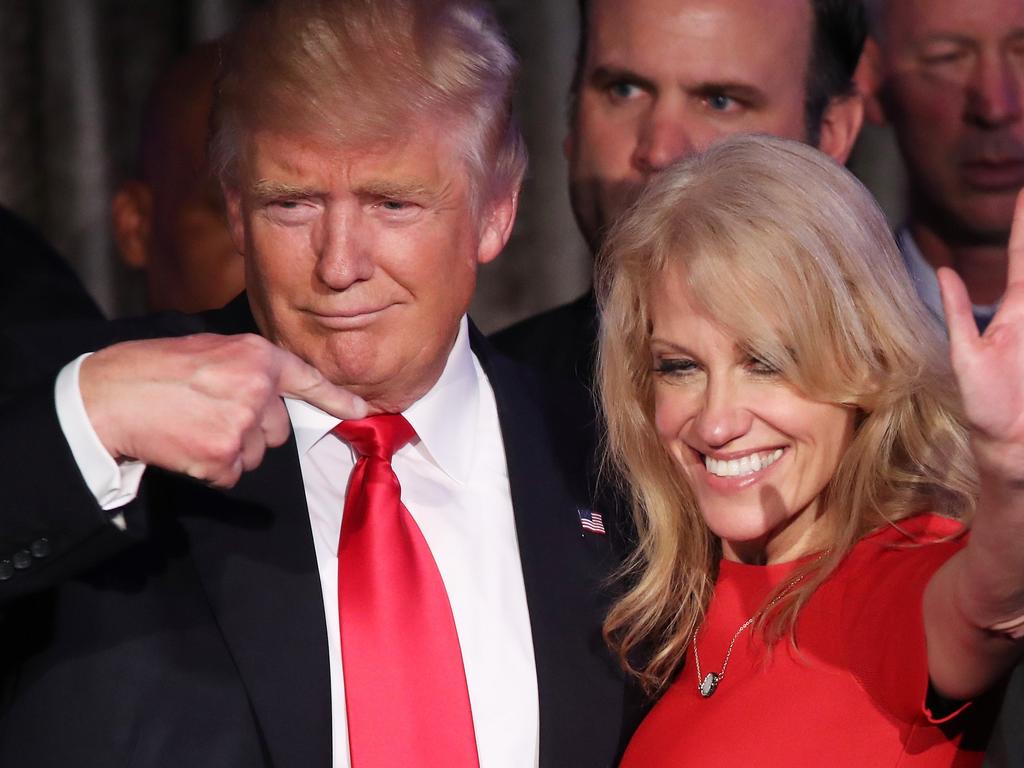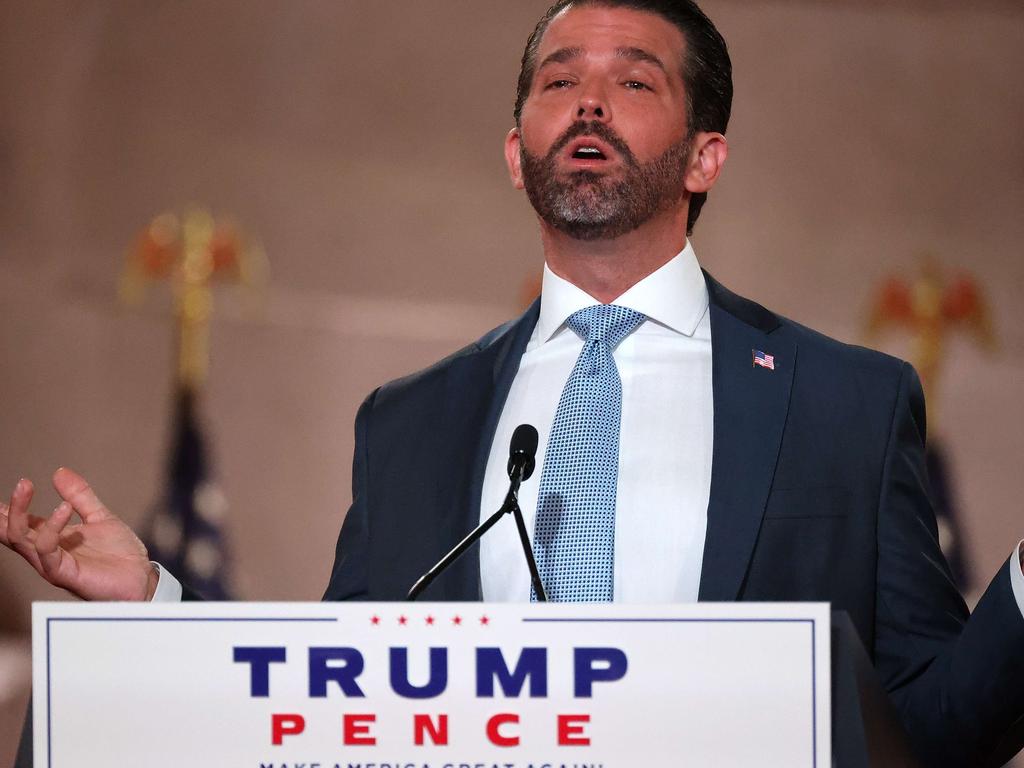US election: Republicans’ powerful message: ‘the US is not racist’
The two most important and effective speakers at the Republican Convention, Nikki Haley and Tim Scott, had a lot to say about Trump and the nation.

But while the Democrat convention became the Joe Biden family reality TV show, concentrating on his personal moments and almost terminal schmaltz, the Republican convention concentrated on what Trump has achieved in his time as President: promises made, promises delivered.
Overall, the Republican convention was a more coherent and adult experience because it consisted almost entirely of speeches. It was, though it’s a controversial thing to say, much more rational and less emotional than the Democratic convention.
The Republicans had powerful messages to convey.
The two most important and effective speakers were Nikki Haley, daughter of Indian immigrants who became governor of South Carolina, then Trump’s ambassador to the UN; and African American senator Tim Scott, also from South Carolina. They had a lot to say about Trump, but they also had a lot to say about their nation.
“America is not a racist country,” Haley declared, “that is a lie.”
Both of them spoke of their ethnic identity but their identity was incidental to what they wanted to achieve in public life. It didn’t define or limit their policy offerings. Haley was the governor for all South Carolina, elected in a state where members of her ethnic minority are a tiny minority.
Scott won a Republican primary to be a congressional candidate, then a congressional election, then became a Republican senator, winning at statewide Senate elections.
Scott has a personal story surely as affecting as any of the woke identity champions of the Democratic Party. His late grandfather, born 99 years ago, had to cross the street if he saw a white person walking towards him. Scott’s family, as he said, went from “cotton to congress” in a single lifetime.
So Haley, Scott and the Republicans generally tell the American story this way. The US is a nation founded on liberty which, like other nations, had grave injustices in its past. It has got rid of those injustices. Scott is thrilled at how far America has come and how the voters of South Carolina, the majority of them white, did not judge him on the colour of his skin but on the content of his character.
Democrats, at their convention, interpreted the same data in exactly the opposite way. Lives like that of Scott’s grandfather, in their view, show that America was always inherently, irredeemably, essentially racist and is still defined by its structural racism. To which one might reply: how many other big nations have elected a head of state from a racial minority, not to mention governors, senators, congressmen, mayors and judges?
Race did not dominate the Republican convention first night but it was important, and had two purposes. One was to try to edge up the vote among African Americans. When George W. Bush doubled his share of the black vote in Ohio from 8 per cent to 16 per cent, it was crucial to a huge win for him in that state in his re-election in 2004.
The second purpose was to afford permission to moderate white voters, who are uncomfortable with the often crude and sometimes callous way Trump talks, to vote for him.
The Republicans had a clear-enough policy pitch: before the coronavirus, Trump’s economic policies were overwhelmingly effective and he would be the best person to lead the US economy back to recovery; he took important early actions on coronavirus; he improved trade deals; and Joe Biden and the most left-wing Democratic Party in history would change America fundamentally and for the worse.
That’s a reasonable case except for the defence of Trump on the virus, where he did some good things but provided confused leadership overall.
Like the Democratic convention last week, it was mostly aimed at motivating the base to vote.
Both sides are making some effort to get undecided voters to support them but are mainly relying on getting the turnout up among people already committed to their side of the street.








The first night of the Republican National Convention was, naturally, the Donald Trump night, as all four nights no doubt will be.